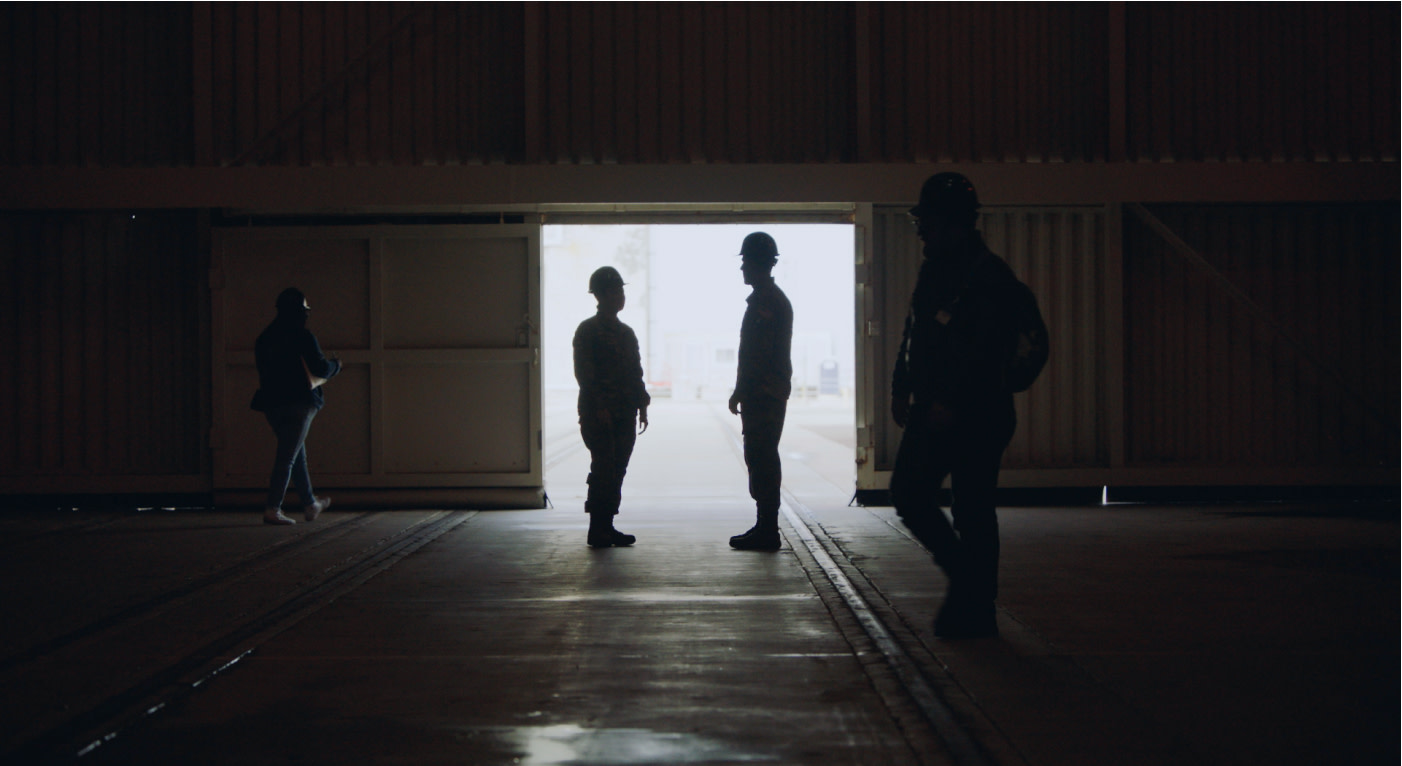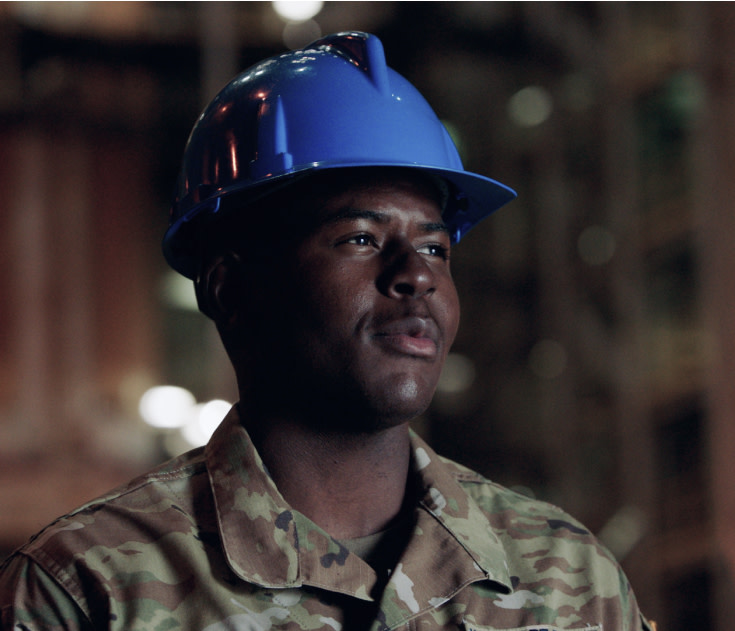
Career Categories
Intelligence
Technology
- Assess vulnerabilities of telecommunication networks and information that can be exploited.
- Analyze adversary threat systems and intelligence necessary for meeting mission objectives.
- Disseminate information on economic, political, cultural, social and geographic trends that affect national security.
- Conduct training on the collection and reporting of intelligence procedures and requirements.
Minimum Education
- Bachelor’s degree in Intelligence or previous experience in a related field
Requirements
- Complete a successful background check
- Obtain and maintain a security clearance
- Provide official transcripts.
- Knowledge of intelligence systems, engineering or military science

There’s many similar career paths to follow on your journey as a Guardian
Explore all careers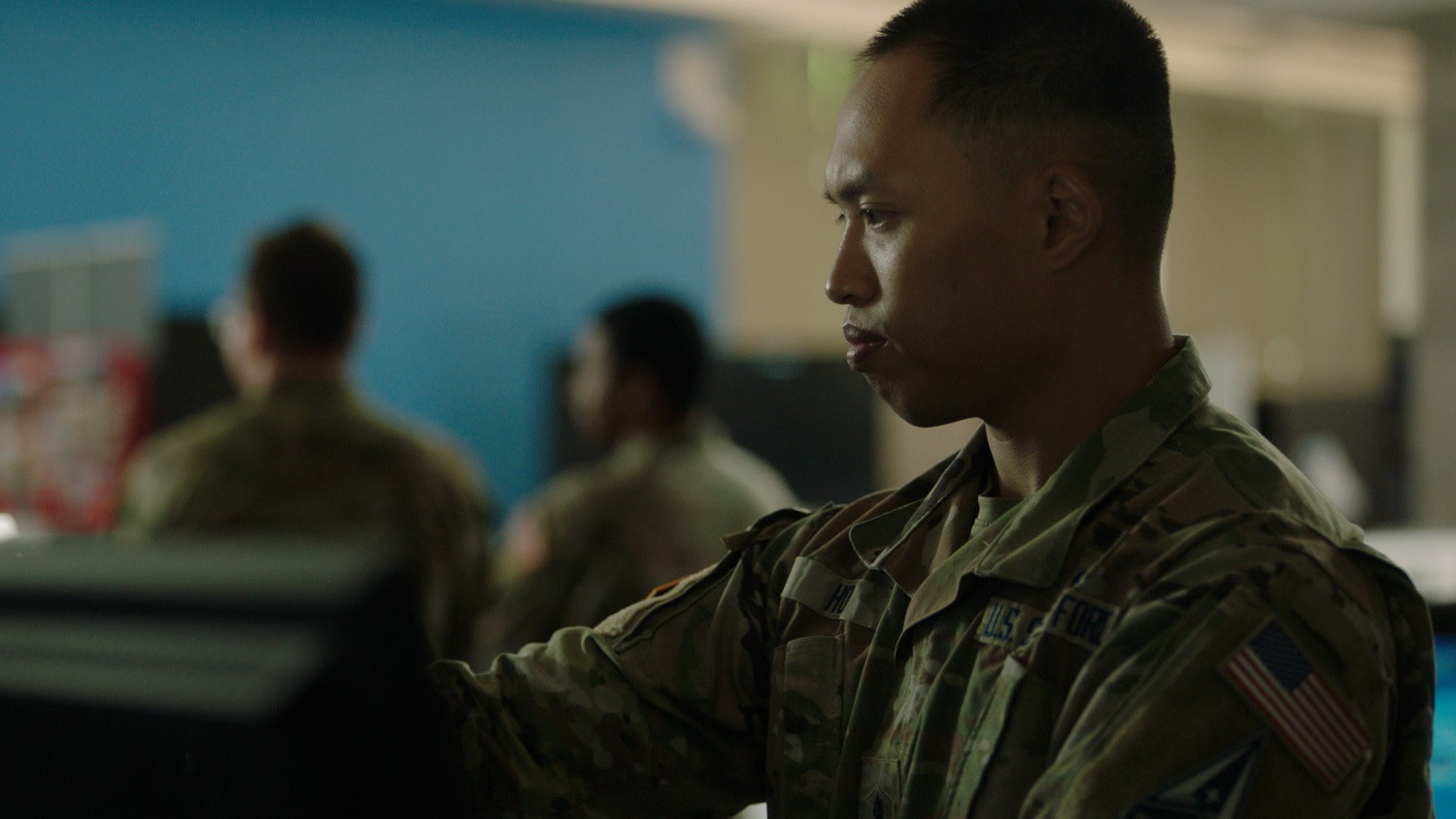 Learn More
Learn MoreExtracts and analyzes foreign communications through electromagnetic emissions.
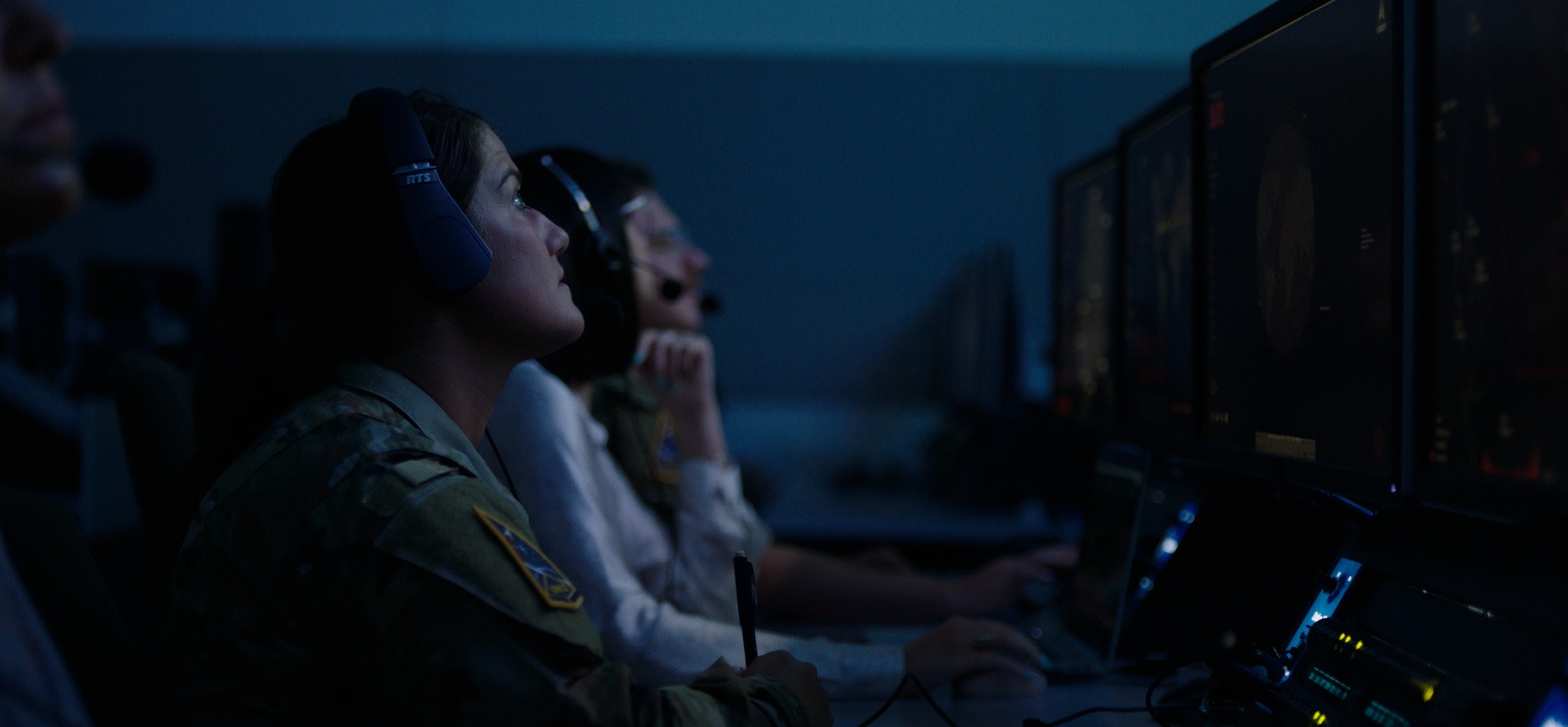 Learn More
Learn MoreWith any mission, there are many moving parts and information coming from dozens (if not hundreds) of sources across the globe and stratosphere. The All-source Analyst’s duty is to discover, develop and dissect raw data, and assess viable intelligence across these various sources. They evaluate and ensure all intelligence activities are accurate and optimized to enable Space Force acquisitions, tests and operations.
 Learn More
Learn MoreMany of our country’s greatest threats reside in cyberspace as bad actors try to extract critical information invisible to the untrained eye. Cryptologic Analysts are expertly trained to identify, analyze and report on these complex problems to ensure intelligence operations are accurate, efficient and secure from outside threats. Their critical thinking is vital in deciphering time-sensitive information to support our global operations and key decision-makers.
 Learn More
Learn MoreFacilitates the logistics needed to ensure a successful launch.
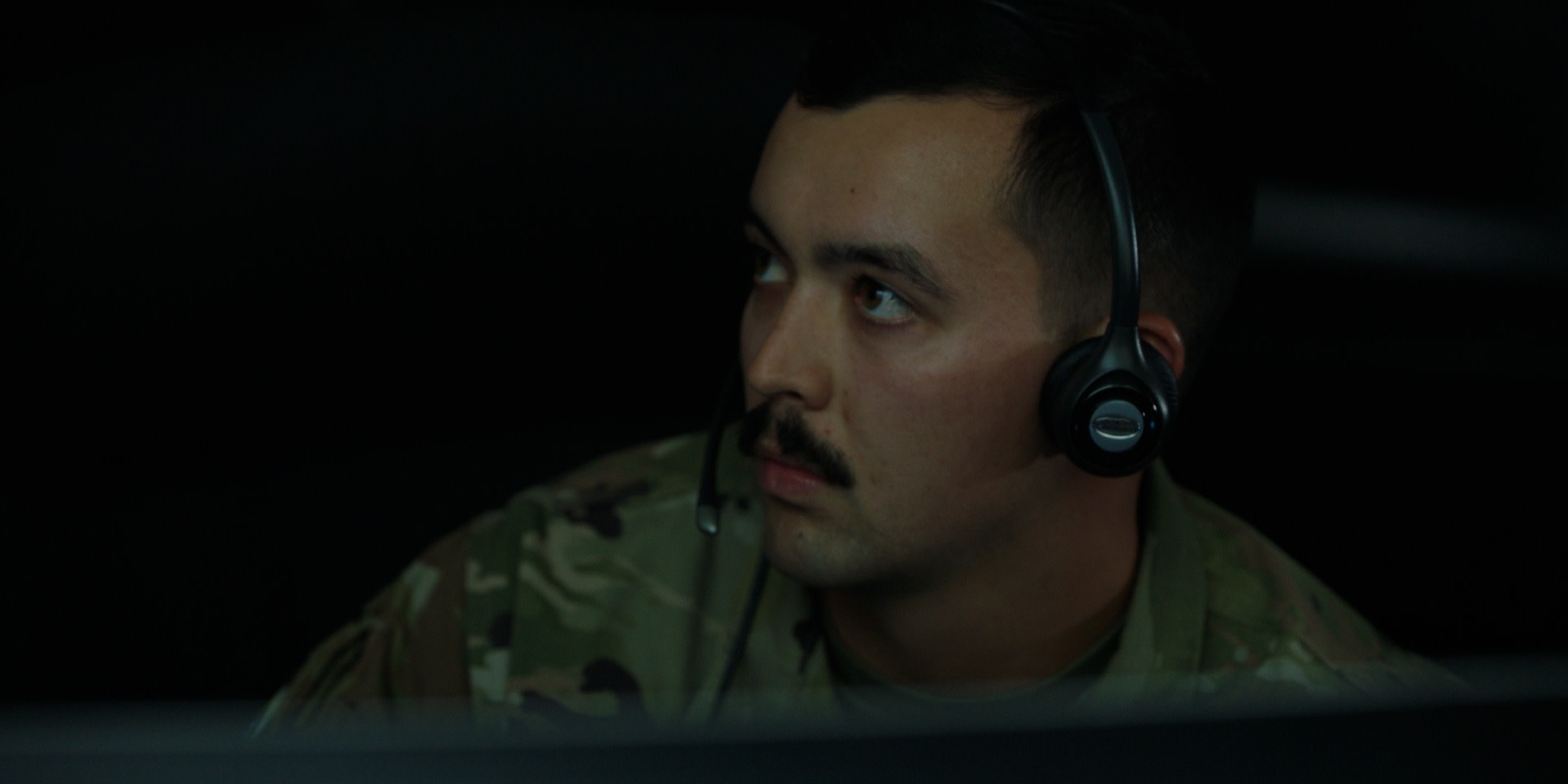 Learn More
Learn MorePerforms vital tasks to assist in rocket launches and space flight operations.
 Learn More
Learn MoreSupervises and develops intelligence to analyze targets and assess threats.
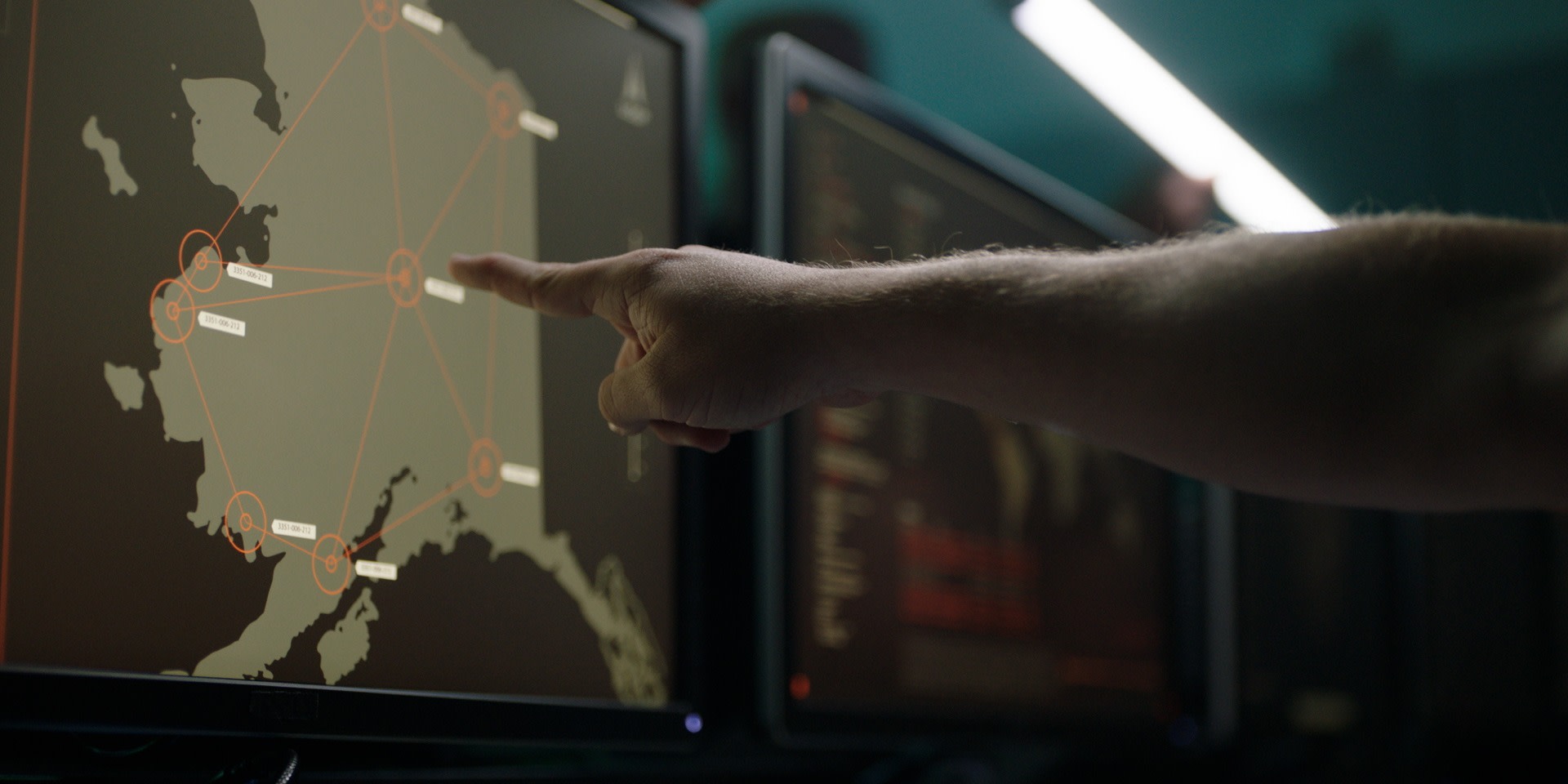 Learn More
Learn MoreAnalyzes satellite imagery to identify unusual activity and deter threats.
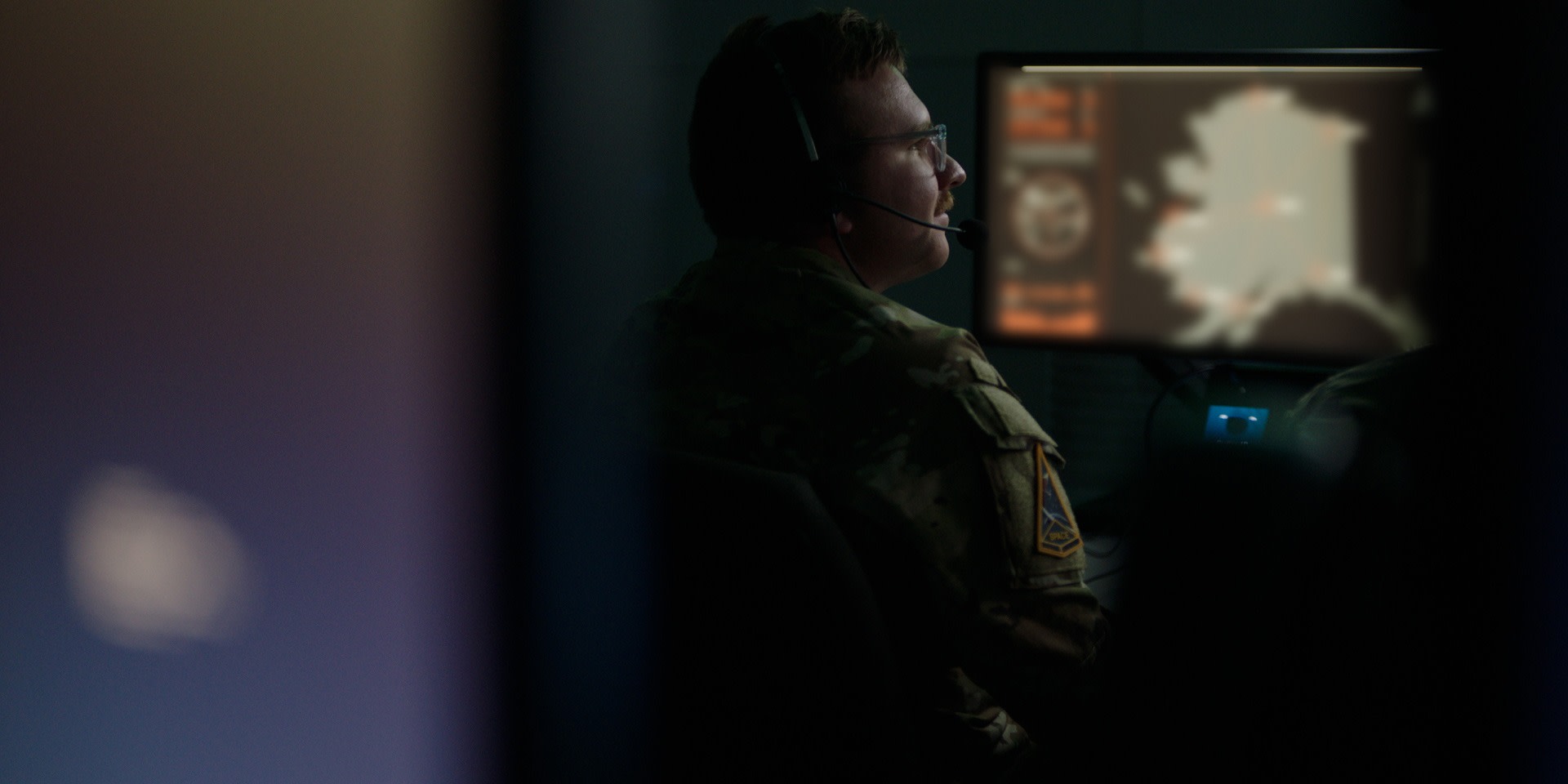 Learn More
Learn MoreOur defense relies on cybersecurity across a multitude of advanced computers and softwares. Military satellites, missile guidance and ground combat — it’s all connected and must be secured from every angle possible. It’s our Cyber Operations specialist’s job to protect our cyber operations across four key specialties: defense, radio frequency and satellite communications, systems, and networks. They assess and report vulnerabilities, repair and install client systems, and protect our network infrastructure to ensure missions and communications run efficiently.
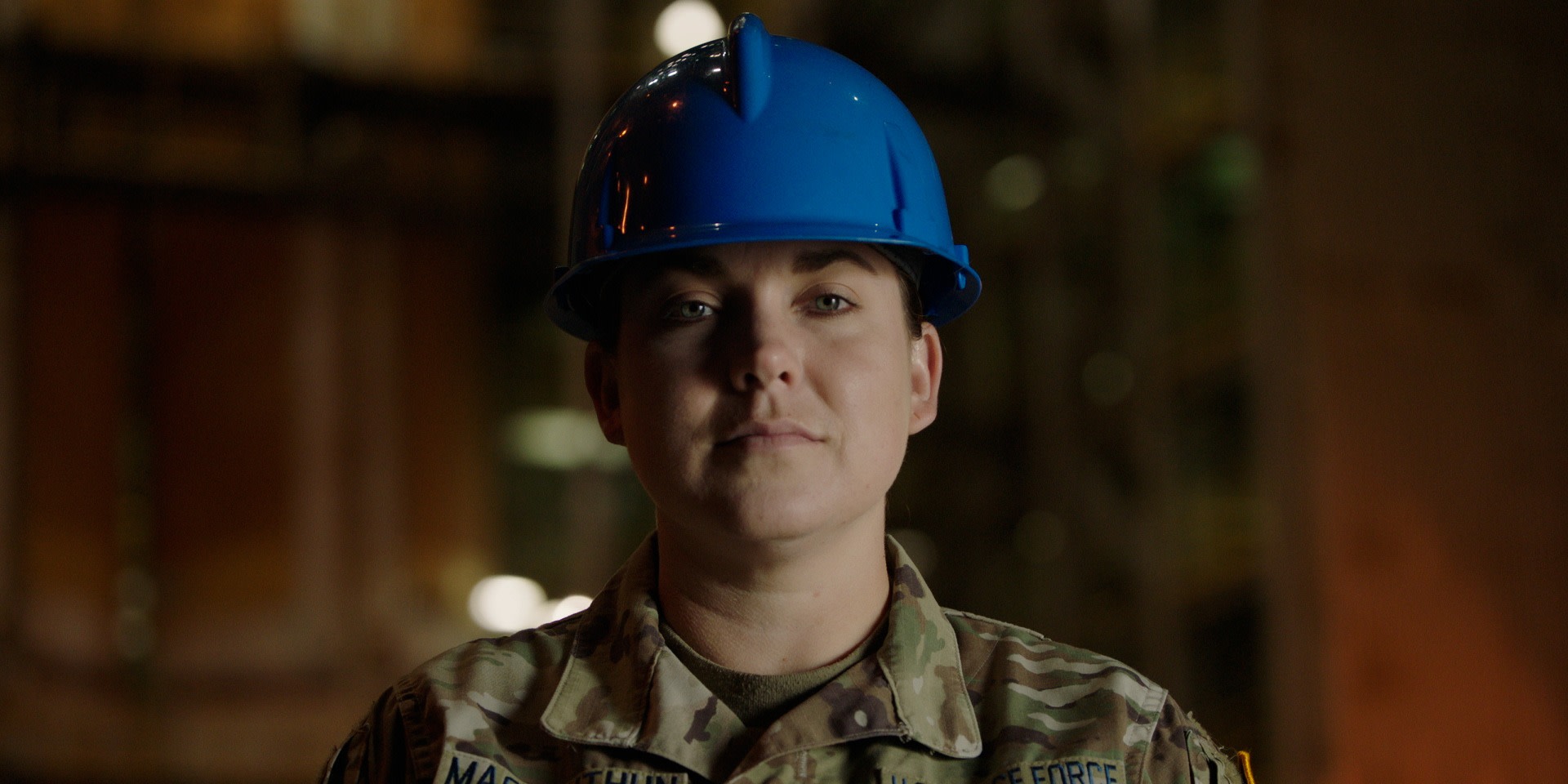 Learn More
Learn MoreIn order for us to complete our missions, our technology simply cannot fail. Covering a wide range of specialties ranging from aeronautical and computer systems to flight test and mechanical, Astronautical Engineers provide advanced skills and knowledge of their particular specialties. Responsible for everything from the planning to implementation of their projects, these experts are essential to the success of operations all over the world.
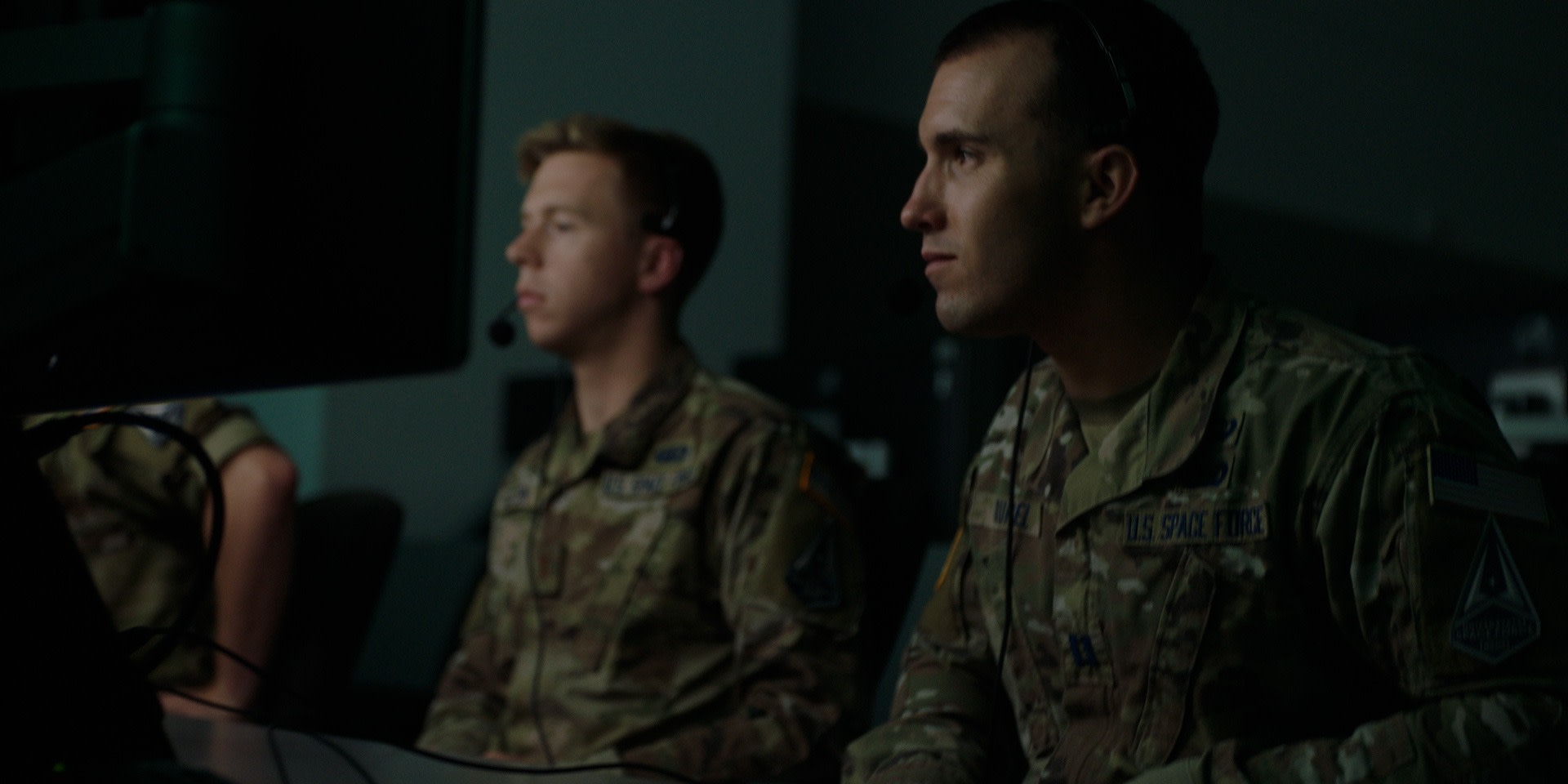 Learn More
Learn MoreProtects our intelligence across the full spectrum of military operations.
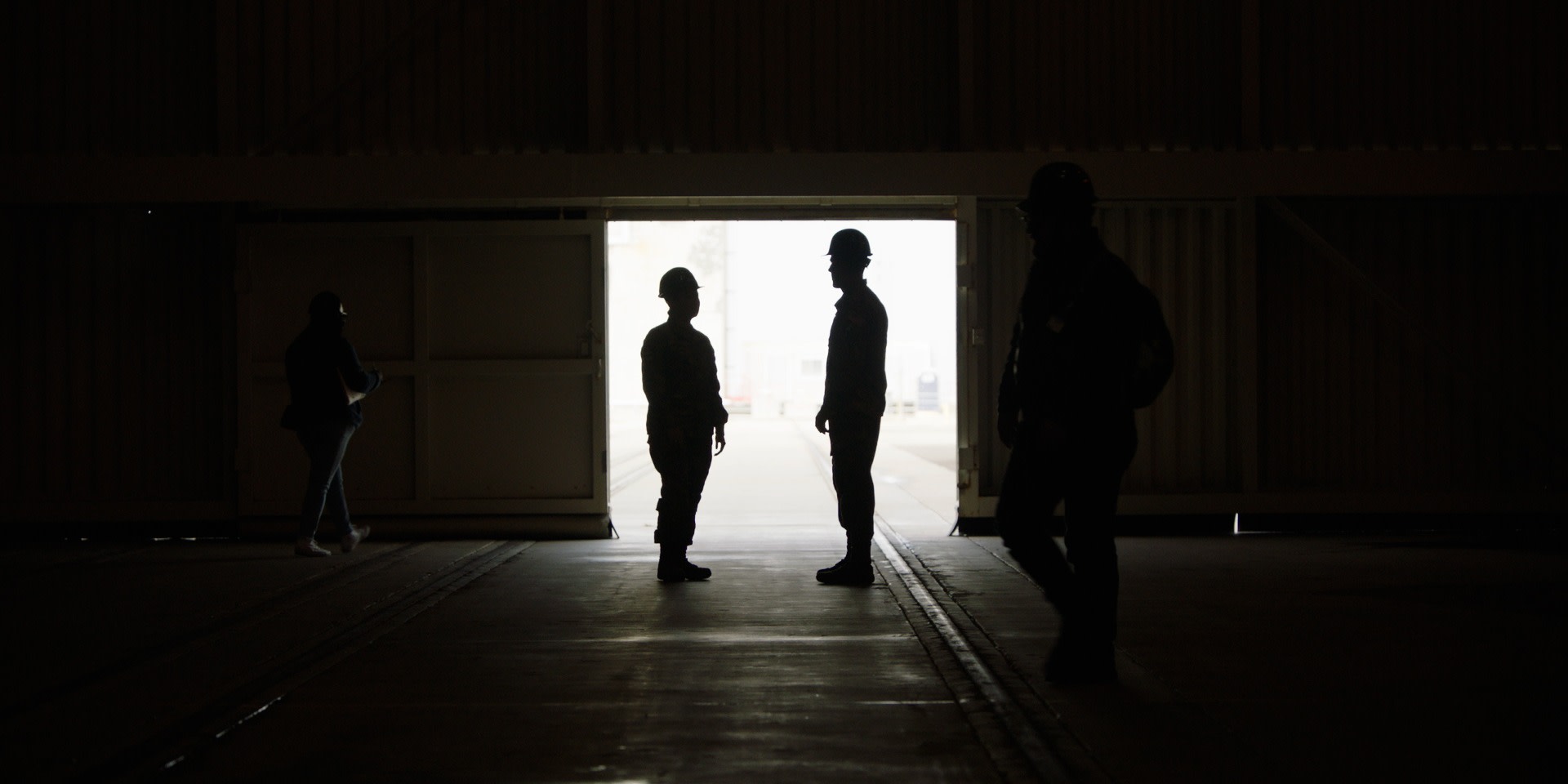 Learn More
Learn MoreEnsures the effectiveness of cyberspace operations, from planning missions to supervising satellite communications.
 Learn More
Learn MoreIn order for us to complete our missions, our technology simply cannot fail. Covering a wide range of specialties ranging from astronautical and computer systems to flight test and mechanical, Human Factors Engineer/Human Systems Integration provide advanced skills and knowledge of their particular specialties. Responsible for everything from the planning to implementation of their projects, these experts are essential to the success of operations all over the world.
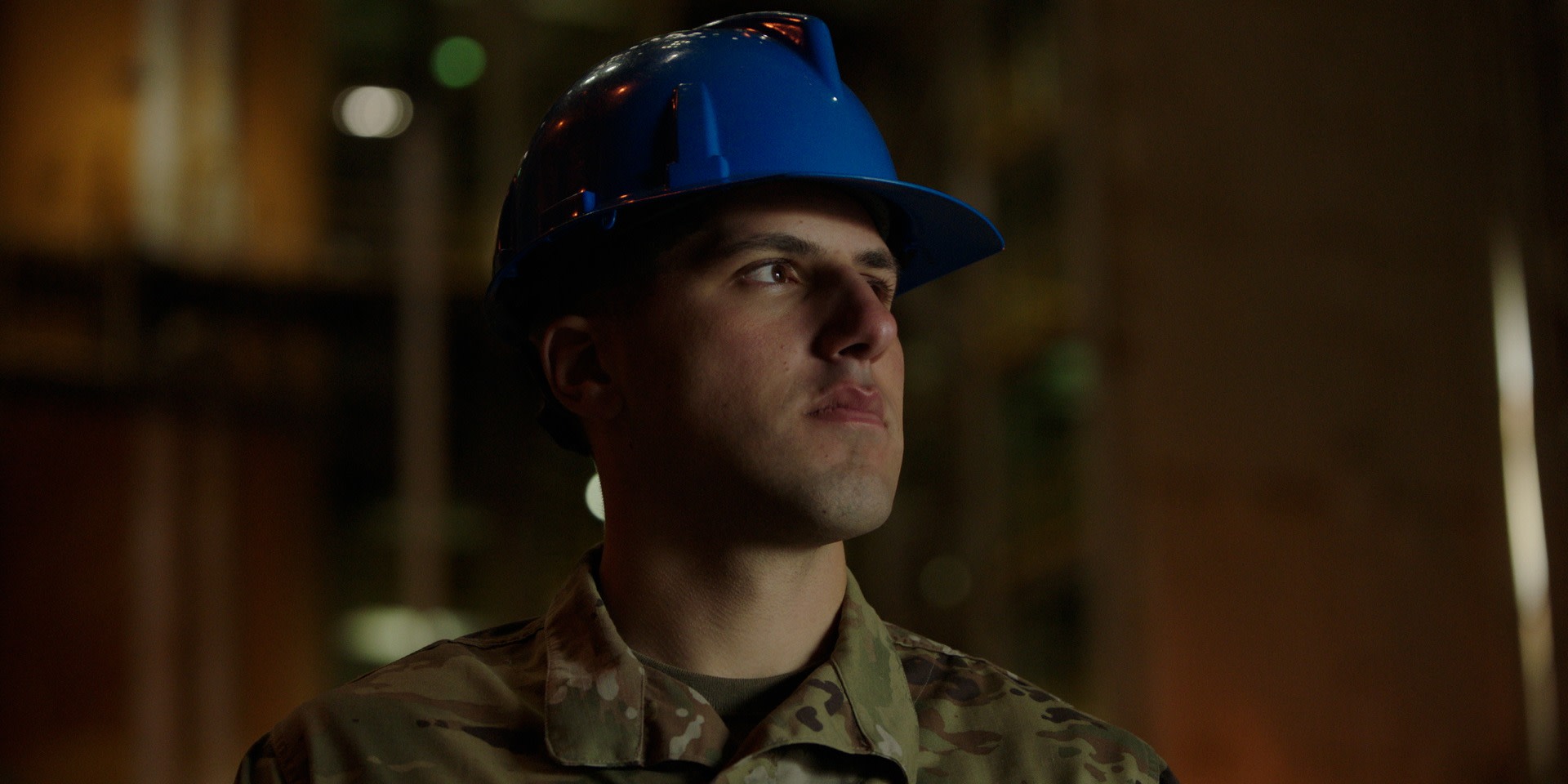 Learn More
Learn MoreIn order for us to complete our missions, our technology simply cannot fail. Covering a wide range of specialties ranging from astronautical and computer systems to flight test and mechanical, Mechanical Engineers provide advanced skills and knowledge of their particular specialties. Responsible for everything from the planning to implementation of their projects, these experts are essential to the success of operations all over the world.
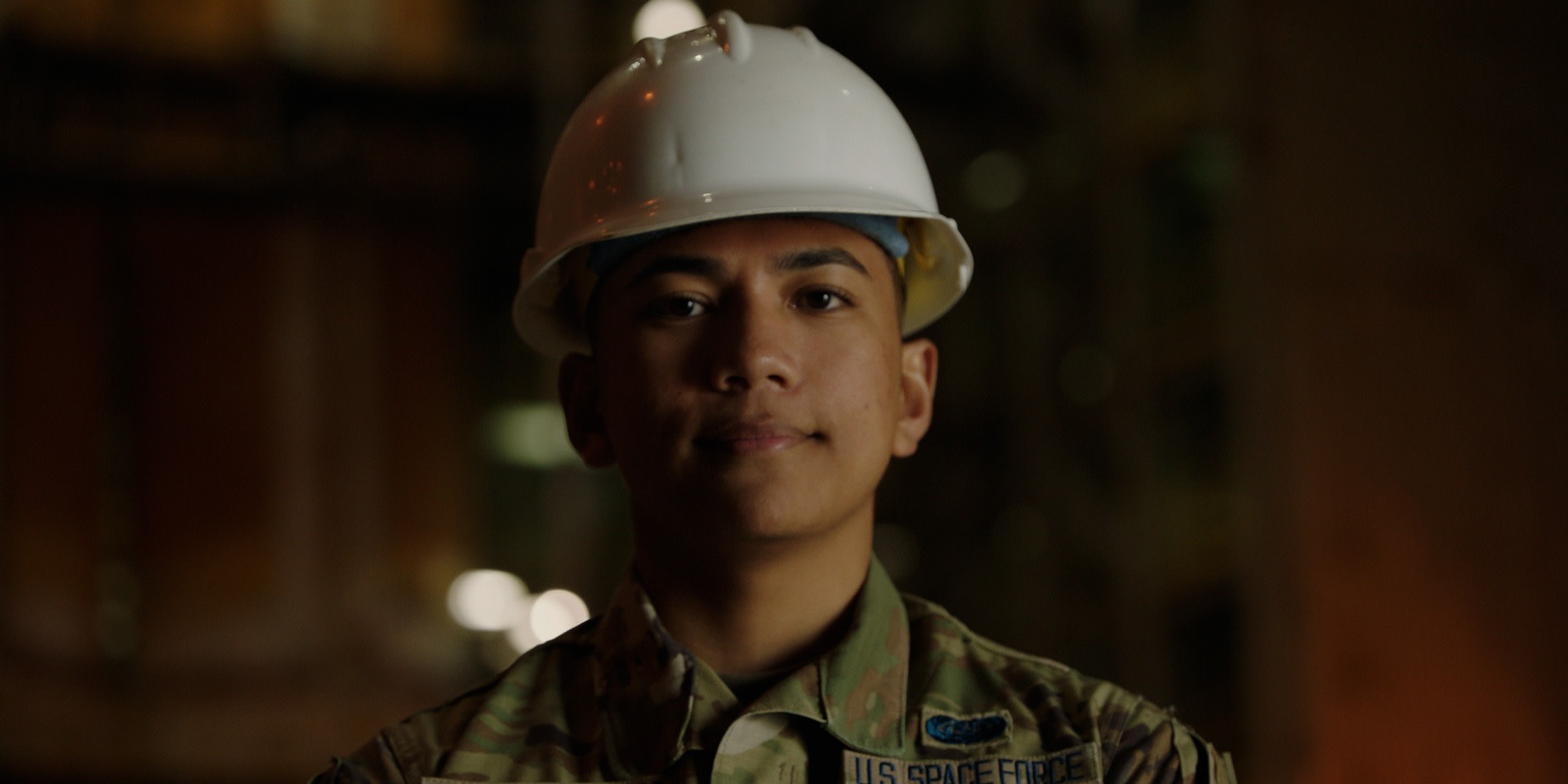 Learn More
Learn MoreBecome a pioneer in the protection of our planeta In order for us to complete our missions, our technology simply cannot fail. Covering a wide range of specialties ranging from astronautical and computer systems to flight test and mechanical, Project/General Engineer provide advanced skills and knowledge of their particular specialties. Responsible for everything from the planning to implementation of their projects, these experts are essential to the success of operations all over the world.
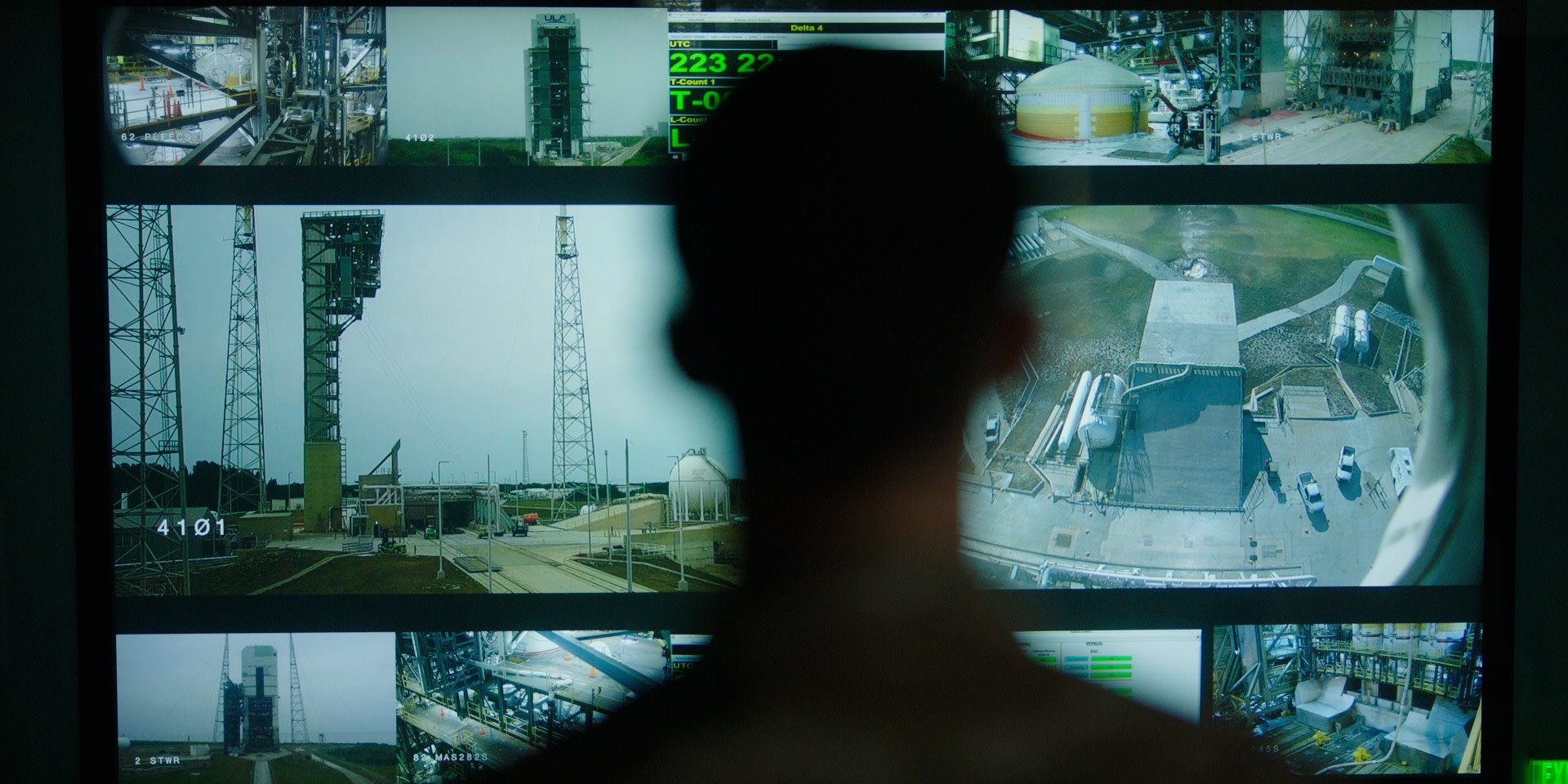 Learn More
Learn MoreIn order for us to complete our missions, our technology simply cannot fail. Covering a wide range of specialties ranging from aeronautical and computer systems to flight test and mechanical, Computer Systems Engineers provide advanced skills and knowledge of their particular specialties. Responsible for everything from the planning to implementation of their projects, these experts are essential to the success of operations all over the world.
 Learn More
Learn MoreIn order for us to complete our missions, our technology simply cannot fail. Covering a wide range of specialties ranging from astronautical and computer systems to flight test and mechanical, Aeronautical Engineers provide advanced skills and knowledge of their particular specialties. Responsible for everything from the planning to implementation of their projects, these experts are essential to the success of operations all over the world.
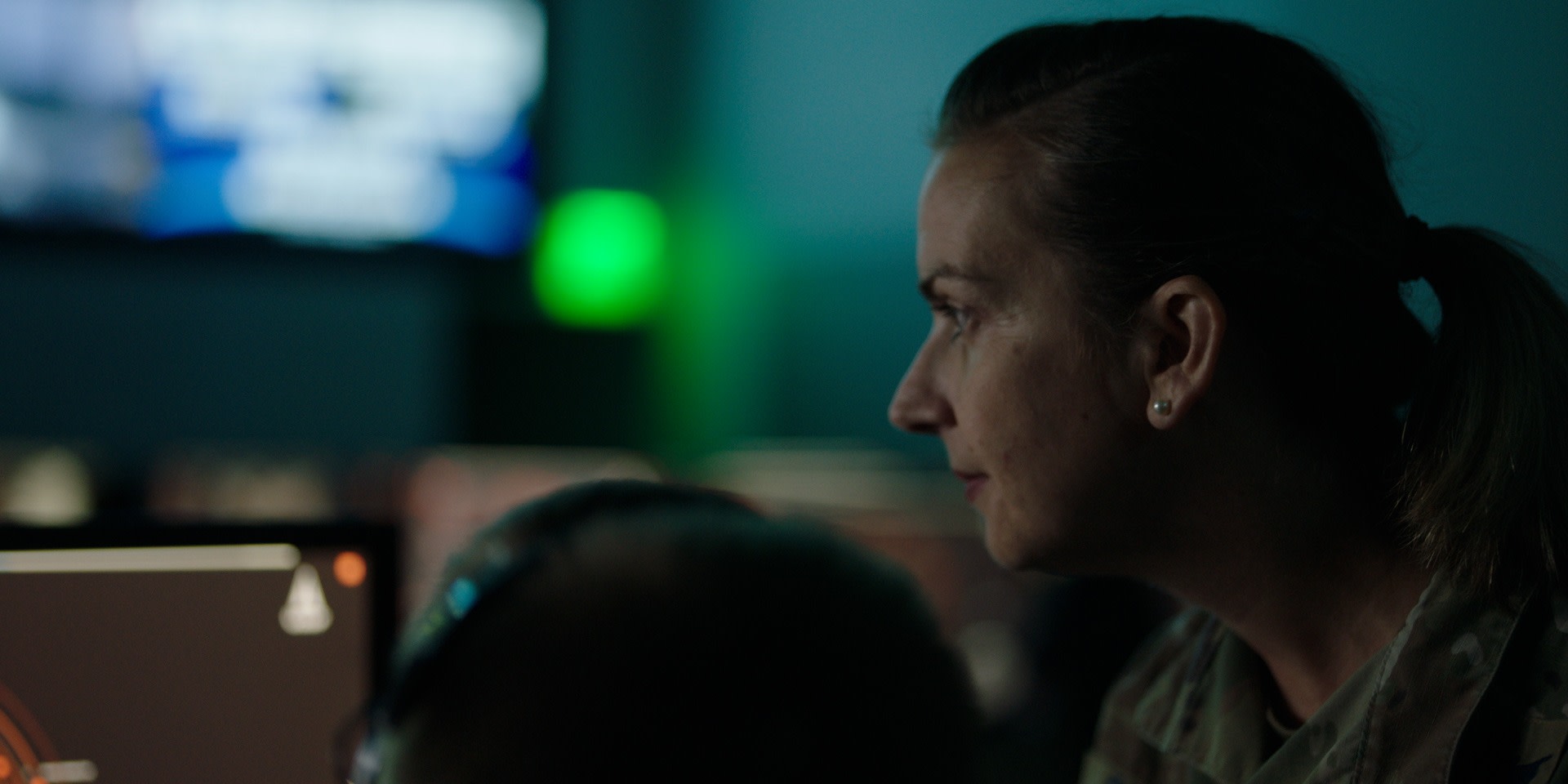 Learn More
Learn MorePlans, organizes and directs space operations.
 Learn More
Learn MoreA Guardian’s success depends on having access to the world’s best space capabilities. It is acquisitions’ job to lead diverse teams to ensure a smooth delivery of our nation’s most-advanced space and defense capabilities. From satellite systems to top-of-the-line communication equipment, they oversee and coordinate every step of the way.
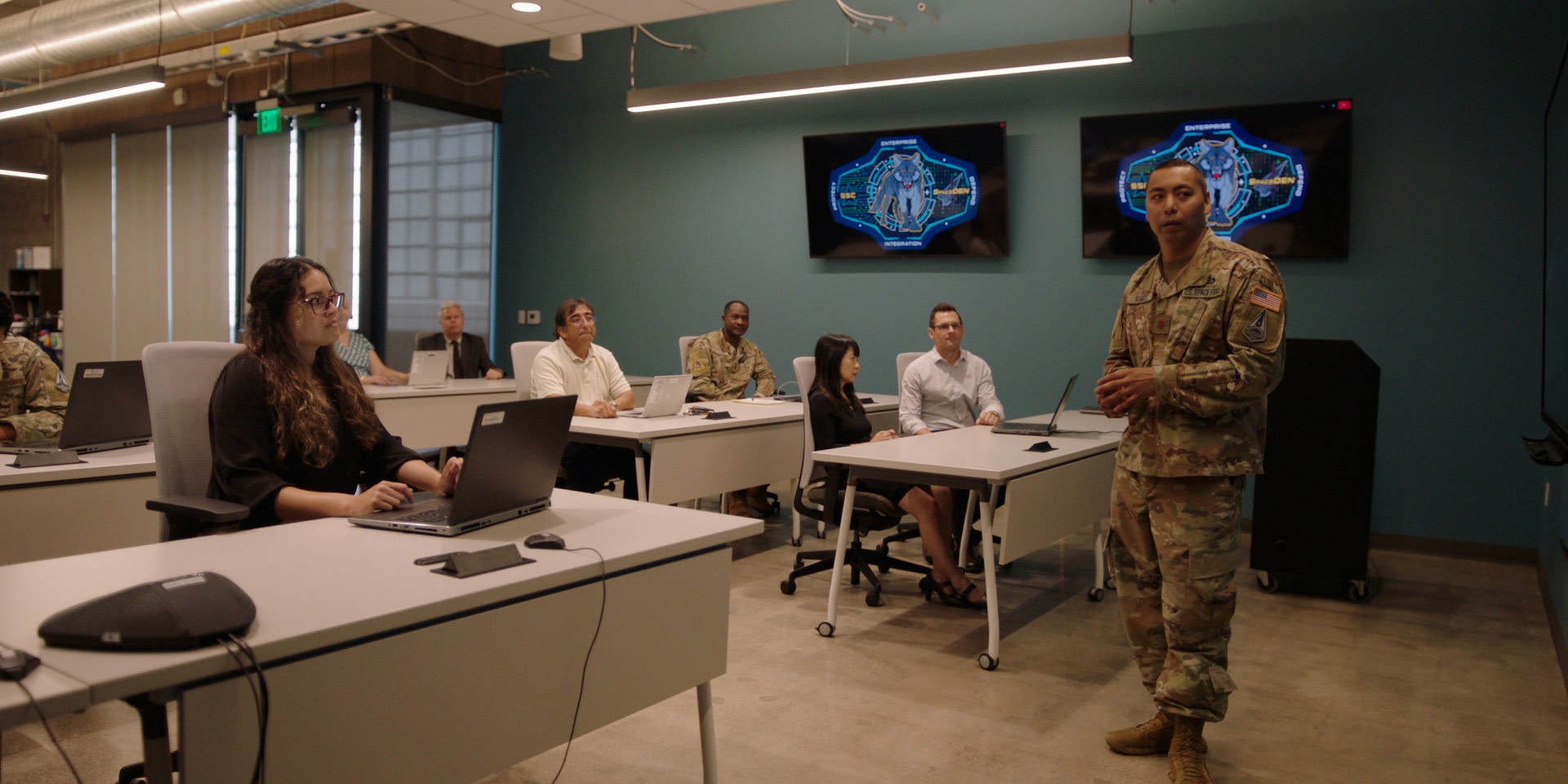 Learn More
Learn MoreManaging, sustaining and improving our space defense takes detailed support at every level. Administration works with directors and leaders of different departments and organizations to help them manage their workload, completing each mission and overcoming every obstacle as efficiently as possible.
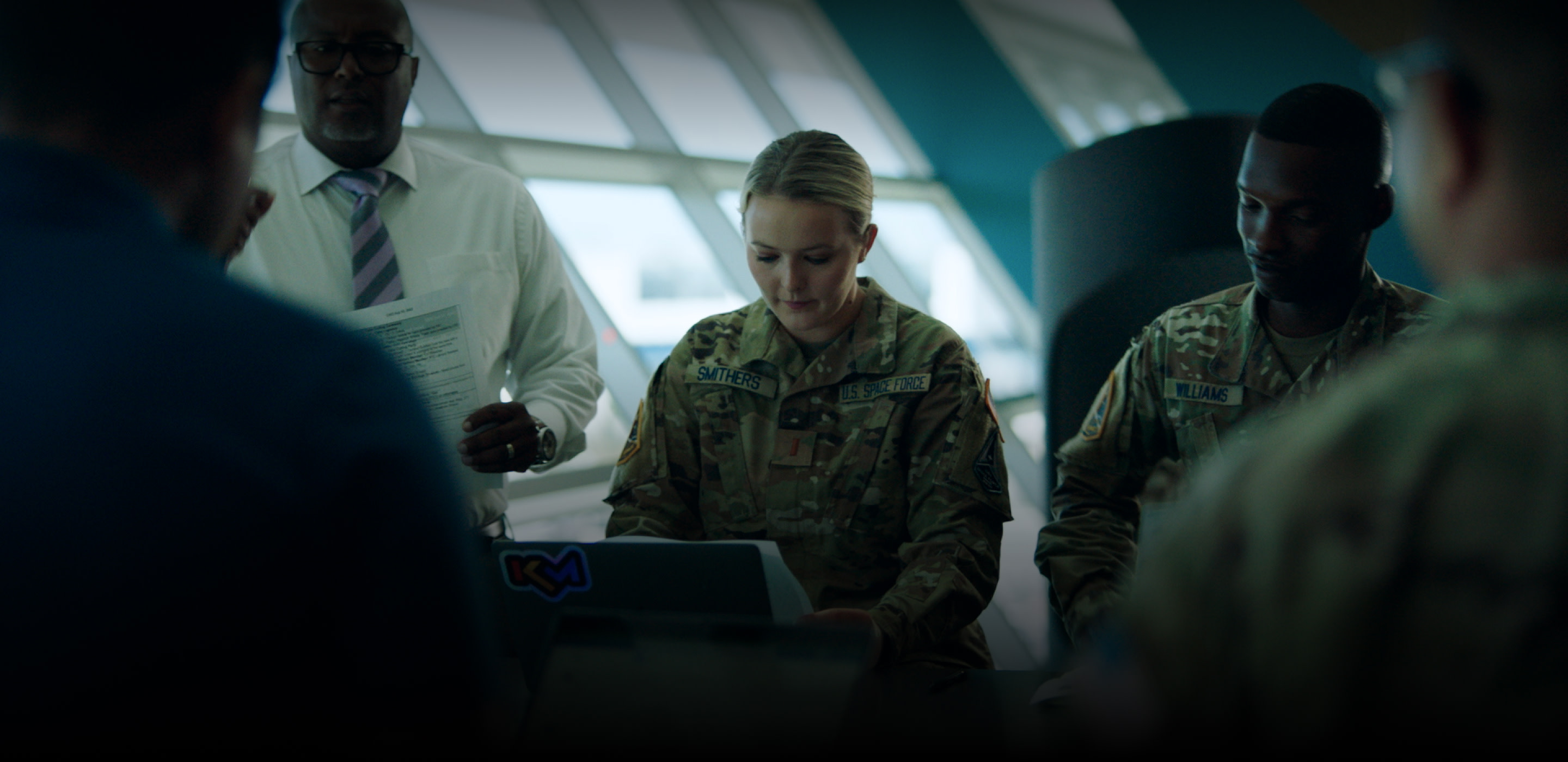 Learn More
Learn MoreThe digital arena is constantly being contested, and our Information Technology department works to keep all our vital intelligence information secure, confidential and available. They work with specialized software and hardware systems across the globe to protect our cyberspace systems and infrastructure from domestic and international threats.
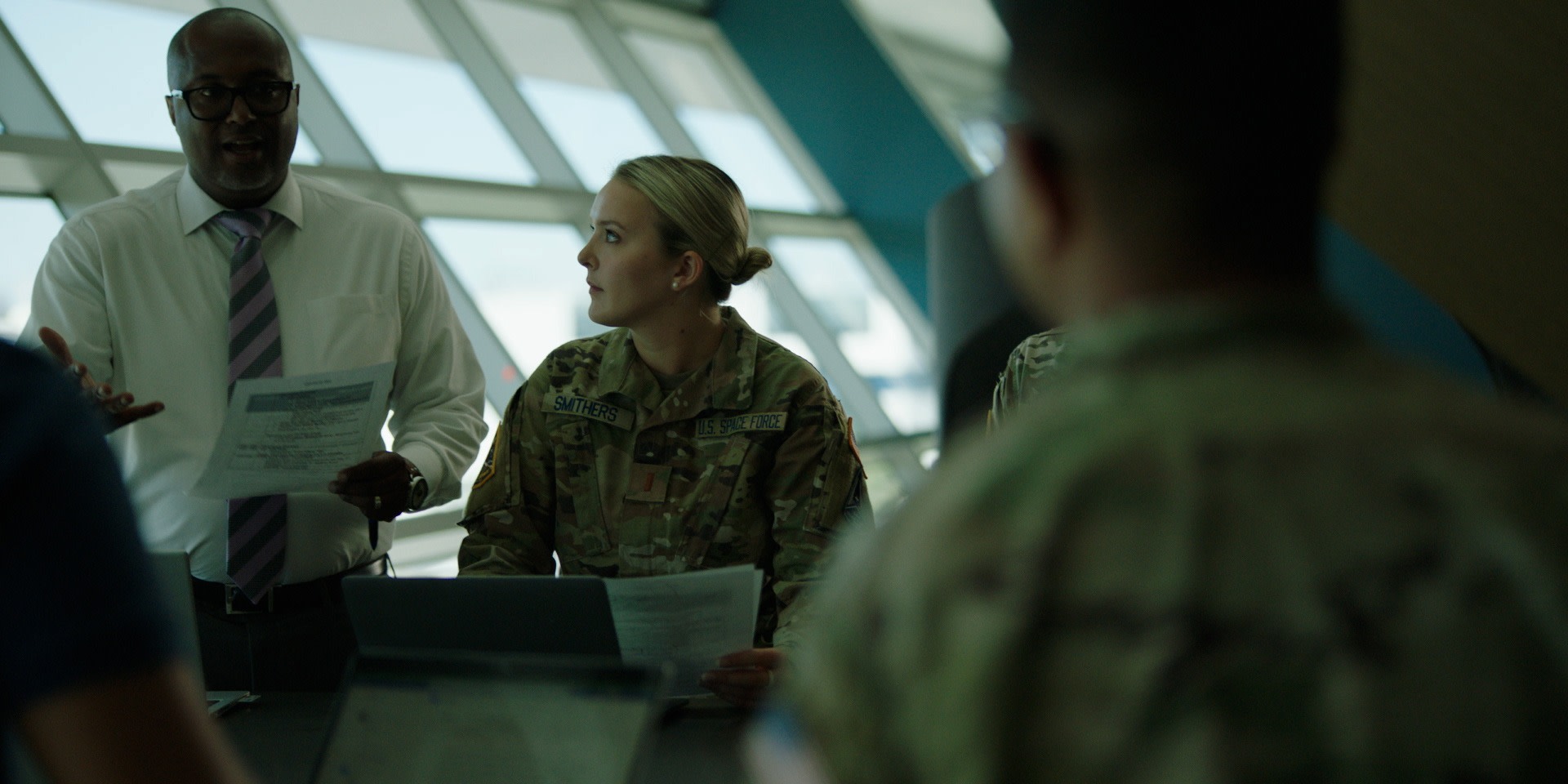 Learn More
Learn MoreContracting ensures we get the best value for every purchase and assist in every aspect of the process. They prepare, negotiate and grant contracts to vendors across every department and partnering organization of the Space Force. This includes acquiring vital aerospace supplies such as electronics, satellites and missiles systems as well as commercial products necessary for the day-to-day operations of our military bases.
 Learn More
Learn MoreOversees the full spectrum of space operations to improve tracking and communications.
 Learn More
Learn MoreNo matter the operation or conflict, properly interpreting and managing intel gives the Space Force the ultimate competitive advantage. As part of our team, Intelligence specializes in analyzing raw data and its usability to fulfill mission requirements. Additionally, these specialists report and distribute information for key mission components to help Airmen get the information they need to remain protected and aware of foreseeable threats.
 Learn More
Learn MoreIn modern warfare, technology can’t just be effective, it has to be fail safe. And Developmental Engineering makes sure all our hardware and software are safe against intrusion, whether by combat or cyberspace attack. Covering an array of specialties from aeronautical to mechanical, their skills and knowledge to plan and implement projects are absolutely integral to national security and successful mission completion.
 Learn More
Learn MoreDevelops and organizes engineering processes across aeronautical, computer and mechanical systems.
 Learn More
Learn MoreDevelops and coordinates programs to meet mission objectives and improve performance.
 Learn More
Learn MoreEvery department of the Space Force requires a sense of financial acumen to run smoothly, making sure every dollar spent makes sense. Financial Management helps to establish control in assessing our purchases and ensuring funds are available.
 Learn More
Learn MoreFrom satellites and GPS-tracking technology to missile guidance systems, cyberspace operations remain a vital component to our space operations. It’s an environment unde constant threat of intrusion, and our Cybersecurity department helps us stay protected every step of the way, staying vigilant across all cyber operations to ensure missions are well protected, planned and executed.

See what it takes
A day in the life of those who protect everyday life.
Guardians defend our country and freedom to operate in space—keeping it secure and accessible for military space power and new waves of innovation. Explore their day-to-day lives and what goes into operating the world’s most-advanced space power.
Learn More